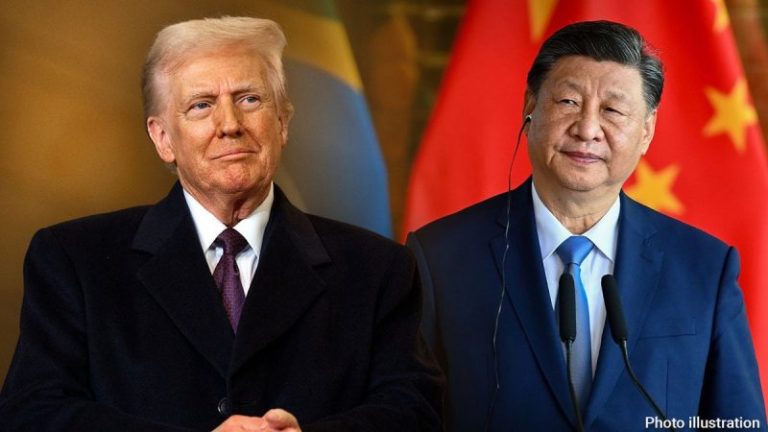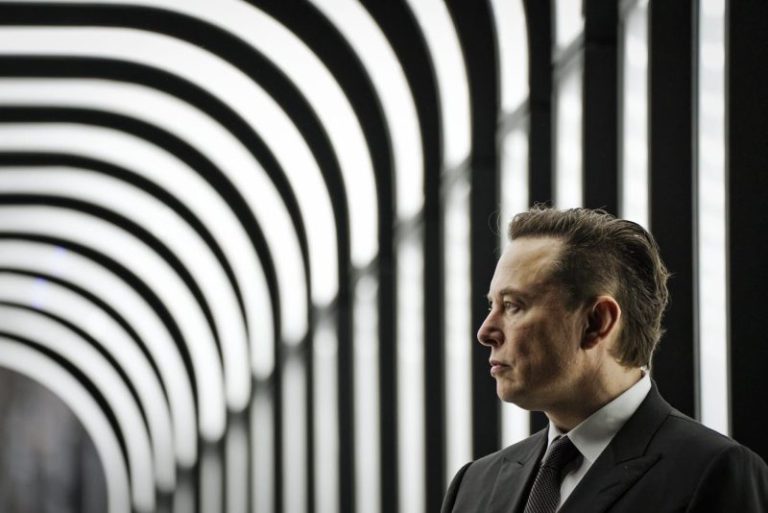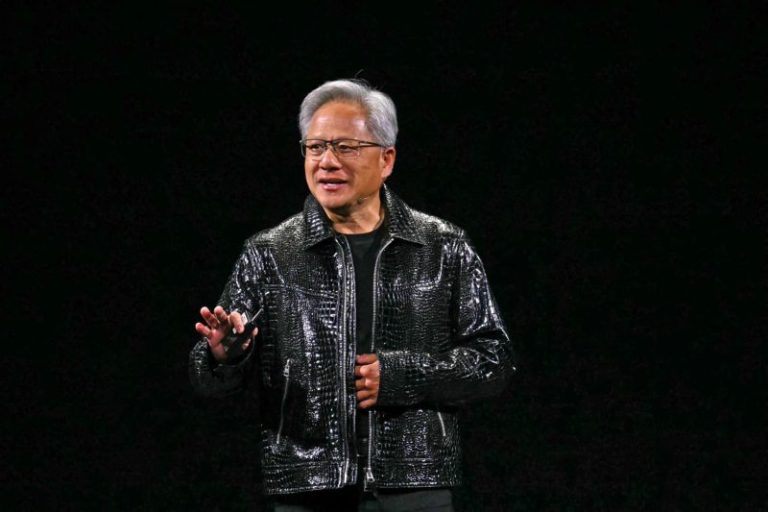FIRST ON FOX : Fox News Digital has learned that the U.S. could withhold funding for the war against Islamist terror in Somalia until Europe, the African Union (A.U.) and the United Nations (U.N.) pay more of their ‘fair’ share toward the cost of striking out and keeping the peace in the conflict-torn country.
These plans to ‘prohibit’ the use of U.S. funds are key details, shown first to Fox News Digital, of a new bill to be introduced by three prominent Republican senators.
In line with President Donald Trump’s administration’s widespread moves to tighten fiscal controls in the U.S. and overseas, Sens. Jim Risch, R-Idaho., Chairman of the Senate Foreign Relations Committee Sen. Ted Cruz, R-Texas, and Sen. Rick Scott, R-Fla., are to introduce ‘the African Union Support and Stabilization Mission in Somalia (AUSSOM) Funding Restriction Act of 2025.’
This is ‘to safeguard U.S. taxpayer funds and hold the U.N. and A.U. accountable in African peace operations,’ Risch told Fox News Digital.
The bill also seeks to mandate the U.S. to oppose any U.N. Security Council action which enables such funding.
The East African country of Somalia has been wracked for decades by attacks and insurgency from Islamist terrorists, both from ISIS and the al Qaeda-linked al-Shabab. In just the past five weeks, U.S. Africa Command reported that it has carried out four airstrikes; three against ISIS terrorists and one against al-Shabaab. At least one of these strikes, the command stated, was against multiple targets.
Chairman Risch told Fox News Digital, ‘The Trump Administration has taken decisive action to counterterrorist groups across Africa, and I’m very supportive.’
However, officials from the European Union, according to Risch, plan to skew payments for the AUSSOM peacekeeping and stablization operation more toward the U.S.; in other words, make the U.S. pay more than it should, he said.
‘At the U.N., our European partners are looking to skirt their financial commitments to AUSSOM in Somalia by switching to a new imbalanced funding mechanism that pushes the burden on Americans,’ he stated.
‘We can’t let that stand,’ Risch continued. ‘This bill will prohibit U.S. contributions to AUSSOM under this new funding scheme, until the A.U. and the U.N. can prove that they are using the funds they have responsibly, and prevent Americans from being locked into perpetually funding a broken system.’
Risch said, ‘President Trump has ushered in a new era of American foreign policy where American taxpayer dollars will be used only to secure a safe and prosperous America. For far too long, our allies have taken America for a ride, and profited off of America paying the lion’s share for global security. Europe must continue to shoulder this burden.’
The other two senators sponsoring the bill, Cruz and Scott, also serve on the Senate Foreign Relations Committee.
Scott told Fox News Digital, ‘The United States will not allow our tax dollars to be exploited by the U.N. while our partners refuse to pay their fair share, much less for a mission that fails to spend these dollars responsibly or transparently. I am proud to join my colleagues on the AUSSOM Funding Restriction Act to ensure Americans’ interests are put first, and their tax dollars spent wisely.’
The specific aims of the bill that have been shown to Fox News Digital are:
- Protect U.S. Taxpayer Funds: Prohibit U.S. financial contributions to AUSSOM under UNSCR 2719 and mandate U.S. opposition to any U.N. Security Council action enabling such funding.
- Ensure Rigorous Oversight: Require the Secretary of State to conduct annual, independent assessments of the A.U.’s compliance with UNSCR 2719 criteria for all A.U.-led peace operations.
- Enhance Transparency and Accountability: Mandate comprehensive reporting to Congress on the assessment findings, AUSSOM’s performance and funding, and any U.S. contributions under UNSCR 2719.
- Strengthen Congressional Consultation: Expand existing State Department briefings to include specific updates on A.U. peace operations funded under UNSCR 2719.






